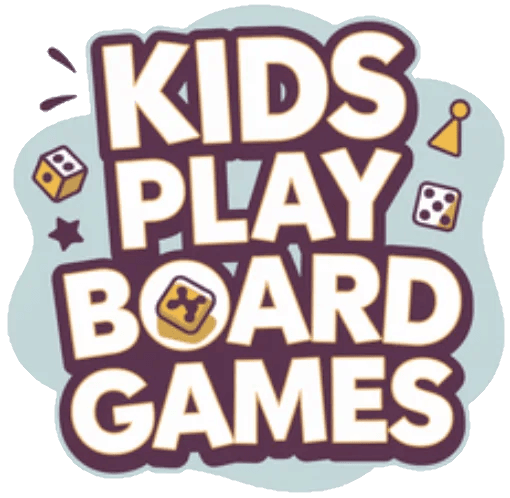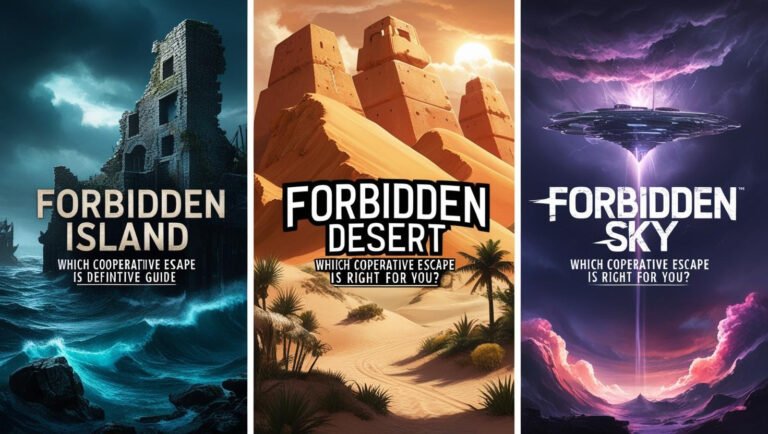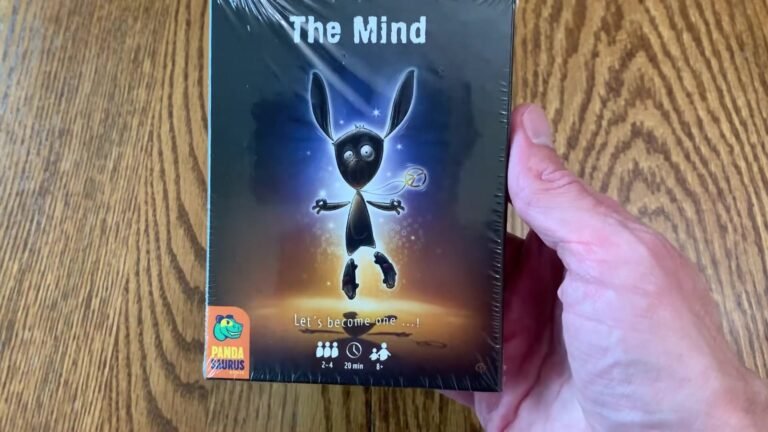The Grizzled Review: Trench Warfare, Teamwork, and Trauma – A Deep Dive into this Challenging Cooperative Game
Disclaimer : This post contains affiliate links. If you make a purchase through these links, I may earn a commission at no extra cost to you. I only recommend products or services I believe will provide value to my readers.

1. Introduction: Stepping into the Trenches of WWI
Setting the Scene: More Than Just a Game
The Grizzled is a cooperative board game designed by Antoine Bauza and published by Cool Mini Or Not. It’s set during World War I, where players take on the roles of soldiers trying to survive the horrors of trench warfare. Unlike games about building empires or conquering lands, The Grizzled is about desperately clinging to survival while managing fear, trauma, and teamwork.
Over countless evenings, my gaming group—including my spouse—has played The Grizzled. Each session felt like stepping into history, with moments that stayed with us long after the game ended.
What Makes The Grizzled Stand Out? A Unique Cooperative Experience
This isn’t your typical cooperative game. Instead of fighting monsters or solving puzzles, you’re working together under extreme pressure. The focus is on shared suffering, subtle communication, and making tough decisions.
The artwork by Tignous adds another layer of depth. Muted colors and weary expressions make you feel the weight of war. It’s not just a game—it’s an emotional journey.
Delve into the challenging world of cooperative gaming with our review of The Grizzled, where trench warfare, teamwork, and trauma collide. For more strategic insights, compare its unique dynamics with our Grizzled vs Forbidden Island Coop analysis, discover budget-friendly options in the best cheap cooperative board games, and broaden your strategy with our list of 10 board games like Sushi Go.
Core Gameplay Loop: The Daily Grind of Survival

Mission Structure: Days in the Trenches
Each round represents a “day” in the trenches. Players draw cards from the Peace Deck, which contains challenges like snowstorms, gas attacks, and psychological hardships. Completing missions means surviving these threats without losing morale.
The Peace Deck: Engine of Misery (and the Game)
The Peace Deck is both your lifeline and your enemy. It determines how long each mission lasts and what challenges you’ll face. Every card flip feels like rolling the dice—you never know if it will help or hurt.
Subtle Communication: Hinting, Not Telling
Players can’t show their hands or directly tell others what cards they have. You can only give hints like, “I need a Night card” or “Watch out for Gas.” This mechanic mirrors the chaos of war, forcing players to rely on trust and intuition.
One time, I desperately needed a “Night” card to avoid triggering a morale collapse. My teammate guessed correctly and saved the mission—it was a moment of pure teamwork!
Threat Phase: Drawing from the Abyss – Card Play & Withdrawal
On your turn, you either play a card or withdraw from the mission. Playing cards helps complete objectives but risks triggering threats. Withdrawing lets you leave safely but limits your contributions.
Card Types: Threats, Traumas, and Lifeline Support
Threat Cards: Weather, Hardships, and Fear
Examples include Snow, Gas, Mud, and Night. If three cards of the same type are visible, the mission fails. This creates constant tension as players try to balance card play.
Trauma Cards: The Psychological Scars of War
When you can’t handle a threat, you take a Trauma card. These impose restrictions, like being unable to play certain cards. Over time, traumas cripple your team, representing the psychological toll of war.

In one game, our entire team became paralyzed by traumas. We couldn’t communicate effectively, and it felt eerily realistic.
Support Cards: Your Team's Lifeline
Support cards let you protect teammates, boost morale, or discard bad cards. They’re crucial for keeping everyone alive and sane.
Withdrawal Phase: Strategic Retreat
Withdrawing gives you a token that helps during the Support Phase. Deciding when to withdraw is key—it’s a mix of risk management and sacrifice.
End of Mission: Success, Setback, or Morale Collapse
If you complete a mission, you move to the next one. Fail, and morale drops. If morale reaches zero, the game ends in defeat. Winning requires completing all missions before morale collapses.
Luck vs. Strategy: A Deliberate Imbalance?
There’s luck in card draws, but strategy shines through in decision-making. Managing resources, communicating subtly, and weighing risks make every choice meaningful.
3. Theme and Immersion: Feeling the Weight of War

Evocative Artwork and Somber Tone
Tignous’s artwork is hauntingly beautiful. The muted colors and weary faces immerse you in the bleakness of WWI. Every detail, from trench imagery to soldier expressions, reinforces the theme.
More Than Just Mechanics: The Human Cost of Conflict
The Grizzled focuses on the human side of war—trauma, fear, loss. Playing it feels cathartic yet somber. After each session, I often reflect on its themes and how they connect to real-life struggles.
Dive deep into the cooperative challenges of The Grizzled, where trench warfare, teamwork, and trauma intertwine. Enhance your strategy with our guide on gameplay empathy, master turn-based tactics in our how to play a round guide, and optimize your team dynamics with insights on small group strategies and balancing luck versus strategy. Whether you're starting out with our card deck beginner guide or looking to up your game with advanced win strategies, these resources provide the tactical edge you need.
4. Pros and Cons: A Balanced View from the Trenches
Pros: Reasons to Enlist in The Grizzled
- Unique and powerful theme.
- Ingenious cooperative mechanics.
- High replayability due to varied challenges.
- Excellent for small groups (2-5 players).
- Relatively quick playtime (30-45 minutes).
Cons: The Hardships to Consider Before Joining Up
- Can be very difficult and punishing.
- Theme may feel depressing for some.
- Limited player interaction beyond communication.
- Luck factor can sometimes feel overwhelming.
5. Who is The Grizzled For? Finding Your Squadmates
Enlist If You Enjoy…
- Challenging cooperative games.
- Thematic depth and emotional resonance.
- Small group gaming experiences.
- Games with subtle communication and deduction.
Consider Deserting If…
- You dislike losing or prefer lighthearted games.
- You enjoy competitive games or direct conflict.
6. Final Verdict: A Resounding Recommendation for Cooperative Game Enthusiasts
More Than Just a Game, It’s an Experience
The Grizzled stands out in the cooperative genre because of its unique mechanics, evocative theme, and emotional impact. It’s not just about winning—it’s about working together and reflecting on the human cost of war.
Highly, Highly Recommended: Embrace the Hardship
If you’re looking for a meaningful and challenging cooperative experience, The Grizzled is a must-play. Its lessons about teamwork and resilience stay with you long after the game ends. Try it—you won’t regret it!






